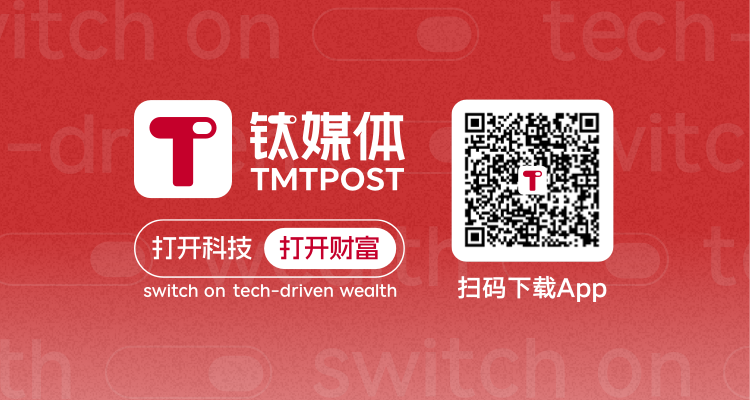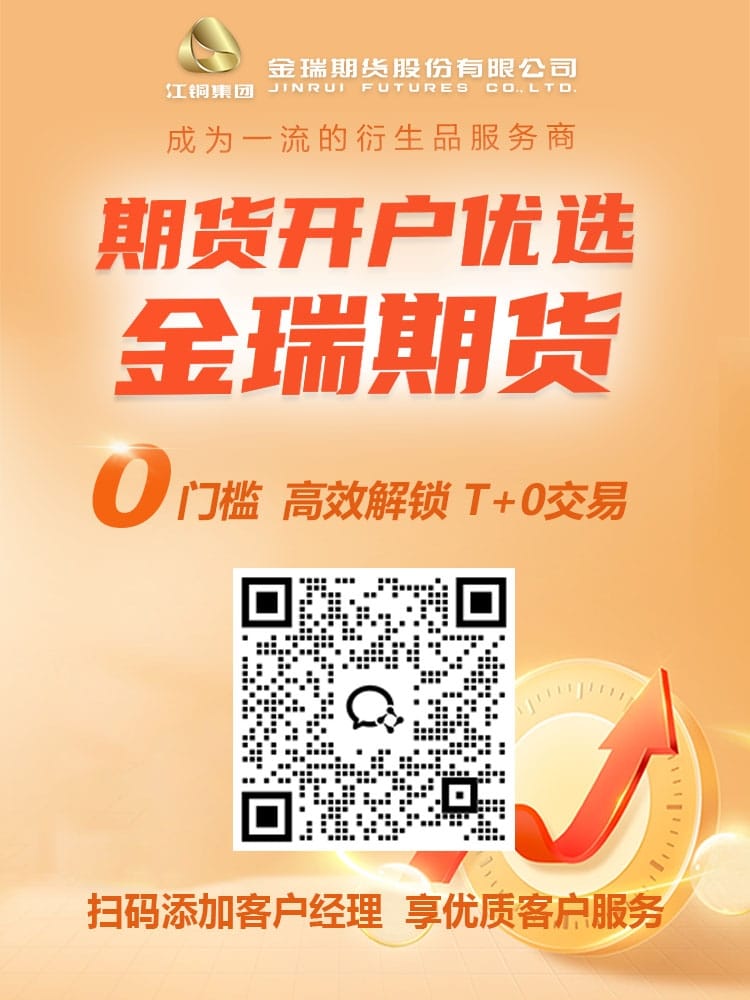TMTPOST -- With China』s stock market rallying to heights unseen in a decade—brushing 3,900 points on the Shanghai Composite Index—some 240 million retail investors are basking in newfound wealth. On average, each retial stock investor has seen a paper profit of 21,500 yuan ($3,000). The market euphoria has been so widespread it』s been dubbed a "bull market for the masses." But for a small subset of traders, i.e. AI enthusiasts betting on algorithms to beat the market, the ride has been anything but exhilarating.
They used large language models (LLMs) like DeepSeek, TikTok's parent ByteDance's Doubao, and GPT-based tools are reporting lackluster, even negative, returns—far below the gains enjoyed by passive investors. Some lost tens of thousands of dollars. Others burned out from the sheer complexity of 「training」 their AI systems to understand the stock market.
From Market Wizard to Tech Babysitter
Li Chao, a veteran investor of ten years who goes by the online alias 「Cash Bro,」 thought he had found a winning combination. 「AI has the data, I have the instinct. Together, we could be unbeatable,」 he said. In late March, riding the wave of enthusiasm around large models like DeepSeek, Li allocated 200,000 yuan of his portfolio to an AI-guided trading experiment.
But the dream soured quickly. By early May, Li found his AI-generated trading suggestions increasingly incoherent, giving trading recommendations for stocks he didn』t even hold. When Li demanded an explanation, the AI cited a supposed discrepancy between PDF and text-uploaded portfolios that never existed. Li asked AI to double check, the AI repeated his previous answer. Li found out the phantom portfolio was what AI had searched online.
「At one point, I just gave up. It wasn』t a trading assistant—it was like a toddler making up stories,」 said Li.
His disappointment ran deeper than just hallucinations. AI was supposed to bring logic and discipline to investing, not confuse trading holidays with regular market days. Even after weeks spent 「training」 the model with painstakingly detailed prompts—some over 1,000 words—it still made basic mistakes, like mixing up shares traded on the Shanghai Stock Exchange with shares traded on the Hong Kong Stock Exchange, or misinterpreting suspended stocks as active trades.
By June, the veteran had lost over 30,000 yuan. 「The AI wasn』t helping me trade,」 Li said. 「It was making me work twice as hard, for a fraction of the return.」
Luna, a newcomer to stocks and a tech-savvy consultant in the software industry, entered the market with a more humble goal: learning through AI. She invested just 10,000 yuan and followed DeepSeek』s trading advice to the letter.
At first, the model offered detailed analyses and polished stock picks—often blue-chip names in energy or tech sectors. But reality soon bit. DeepSeek recommended stocks priced in the hundreds of yuan per share, without factoring in Luna』s limited budget. DeepSeek did not even know the 100-share trading minimum in China』s market. Handling fees? Not accounted for.
More troubling was the AI』s chameleon-like behavior. When Luna questioned a conservative 5% profit-taking suggestion on a defense industry ETF, the AI changed its tone almost immediately. 「You』re right,」 it said. 「Maybe wait for 14.5%.」 To Luna, it felt less like a rational advisor and more like a people-pleasing intern.
「Every time I pushed back, it agreed with me,」 she said. 「I wasn』t learning discipline—I was watching an AI cave under pressure.」
Emotionless AI in an Emotional Market
If there』s one rule in China』s retail-heavy stock market, it』s this: sentiment drives everything. From obscure name-related stock surges to policy-induced stampedes, the stock exchanges in Shanghai and Shenzhen are often ruled by mood more than fundamentals.
But to AI, the market is just a flow of unfeeling data. When U.S. President Donald Trump announced 104% tariffs on Chinese goods on April 9, Luna』s portfolio of energy stocks took a sharp dive. DeepSeek predicted a modest 6% drop—actual losses neared 9% by market close.
「It didn』t account for panic,」 Luna recalled. 「It didn』t know what fear looks like on a K-line chart.」
Li Chao encountered similar blind spots. After Trump』s tariff hike on autos, his AI continued recommending automotive stocks—a sector in freefall. Only after being explicitly asked about the trade implications did the model revise its advice to 「reduce exposure.」
「AI was always a step behind,」 Li said. 「It got the news too late, and even then, didn』t grasp the market』s gut reaction.」
Larry, a finance officer for a British pharmaceutical firm, ran a parallel experiment. With $7,000 (about 50,000 yuan), he dove into U.S. equities using an AI model trained on technical indicators like RSI and EMA.
Initial paper trading yielded a solid 10% gain. But once Larry switched to live trading, the model faltered. 「It read charts but didn』t understand them,」 Larry said. 「It interpreted every spike as a buy, every dip as a sell.」
One month in, Larry was down over $4,000. 「It was like watching my money melt,」 he said. 「The only thing that doubled was my follower count on social media Xiaohongshu.」
From Trading Tool to Traffic Magnet
As AI-trading experiments failed to deliver profits, they delivered something else: content. Luna, Larry, and Li Chao all posted their journeys on Chinese social platforms like Bilibili and Xiaohongshu. The audience is eager, curious—and surprisingly forgiving.
Luna』s social media Bilibili vlog documenting her experience drew hundreds of comments. Some asked for prompts even if they had known Luna lost money on the stock market; others simply wanted to commiserate. 「At this point, people think using AI to trade is like flipping a coin. At least it』s an educated flip,」 one follower joked.
Li Chao, despite abandoning his experiment after just 46 days, gained dozens of followers by sharing his frustrations. The AI, he said, became a character in a cautionary tale—a 「black-box comedy」 about over-trusting technology.
Despite the losses, AI-powered retail trading is becoming an emerging niche. New tools like PTrade and Panda AI, launched in 2024 and 2025 respectively, offer retail investors algorithmic trading setups previously reserved for hedge funds.
The ecosystem around AI trading—paid courses, prompt libraries, coaching services—is also booming. A quick search for 「AI 炒股」 (「AI stock trading」) on Chinese social media platforms brings up a swarm of influencers promising high returns, though few show full portfolios.
Luna, skeptical as ever, finds it ironic. 「I lost money. I told people I lost money. And still, they want to know the prompt templates,」 she said. 「Maybe AI isn』t good for trading—but it』s great for attracting followers on social media.」
The Chinese stock market may be entering a golden age, but AI hasn't kept up with its human counterparts. For now, stock investors in China who trade on gut, gossip, and greed are reaping bigger rewards than those following algorithmic logic.



























